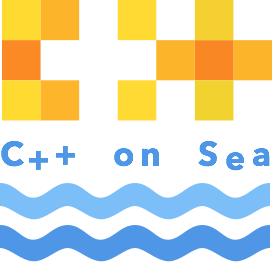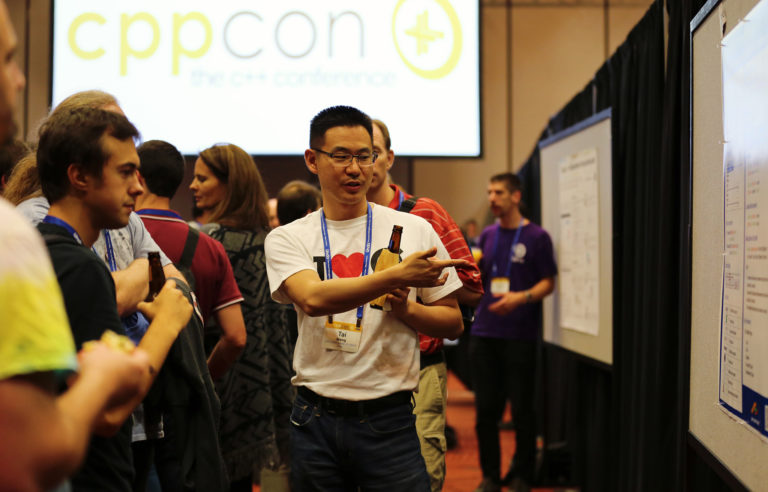Win a free ticket for C++ on Sea!
The new, upcoming C++ conference "C++ on Sea" offers a free ticket.
Win a free ticket for C++ on Sea!
by C++ on Sea
About the competition:
For a brand new conference the interest in C++ on Sea already has been phenomenal!
Early Bird tickets are available and are already starting to sell - which is really exciting for us (and a little bit nerve wracking - especially after a technical hitch early on).
Amongst those that have heard of us the interest is definitely there, for which we are very grateful.
But we want to reach even more people - and that's where you come in. We'd like you to tweet about the conference.


 Have you registered for CppCon 2018 in September?
Have you registered for CppCon 2018 in September?  Have you registered for CppCon 2018 in September?
Have you registered for CppCon 2018 in September?  It's here!
It's here! Have you registered for CppCon 2018 in September?
Have you registered for CppCon 2018 in September?